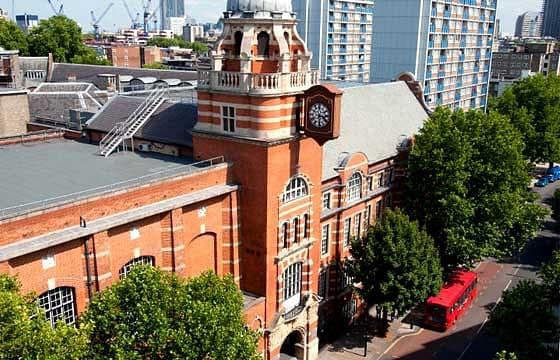This four-year course is interdisciplinary, starting with an engineering basis then introducing elements of health sciences before focusing on advanced biomedical and healthcare engineering subjects such as biomedical instrumentation, biomaterials, biomechanics and rehabilitation engineering, electrophysiology & cardiorespiratory measurements, imaging, sensing and bio signal analysis techniques including data analytics in healthcare.
Learning involves a combination of theoretical, experimental, and computational study. Our approach is to encourage critical thinking and foster curiosity through both teamwork and independent study.
Group learning and communication skills are emphasised through design studies and student presentations. Over the four years, you will develop professional engineering skills, with a focus on innovative and sustainable solutions to healthcare related challenges.
Individual and group biomedical and healthcare engineering design projects demonstrate your expertise to future employers. Whilst a fourth year, at master’s level, helps you transition from study to professional practice.
-
Benefit from exceptional industry and NHS involvement in the degree programme, including projects set by industry and NHS and guest lectures from practising biomedical and healthcare engineers
-
Study in world leading test facilities, including our flagship Biomedical Engineering Research Centre, where you conduct research and test your theories
-
Get hands-on experience with designing and fabricating healthcare technologies and performing physiological measurements and analysis of bio signals
-
Take an optional placement year to boost your employability. Recent placements have included Great Ormond Street Hospital for Children, St Bartholomew’s Hospital, Draeger, PerkinElmer, CureVac, Genetic Microdevices (GMD)
-
Fast track your progress to Chartered Engineer status, with a degree that meets all academic requirements for professional registration.
This course is subject to approval.
Course content
You’ll develop a strong technical background in the key subjects of biomedical and healthcare engineering. Management studies and engineering design are also integral parts of the course.
Year 1
Build a firm foundation in mathematics, engineering, physics, electronics, computing, including anatomy, physiology and pathology.
Year 2
Specialise and learn to apply engineering analysis to simple but representative components of engineering systems. You will further study biomedical design and advance your knowledge of biomedical instrumentation, biomaterials, biomechanics and rehabilitation engineering, including a comprehensive module on electrophysiology & cardiorespiratory measurements.
Year 3
Deepen your expertise with specialist topics including biosignals, biosensors, medical physics and imaging, physiological fluid mechanics and biological system modelling. These modules involve looking at analysis in increasing depth alongside examining a greater breadth of the principles of physics and engineering applied to healthcare/medicine.
Year 4
Transition from academic study to professional practice with a major integrated design project supported by our industry/NHS partners and individual research work. This is complemented by advanced modules in neural engineering, wearable and implantable devices, and Healthcare App design in addition with two elective modules pertinent to the field of Biomedical and Healthcare Engineering.
